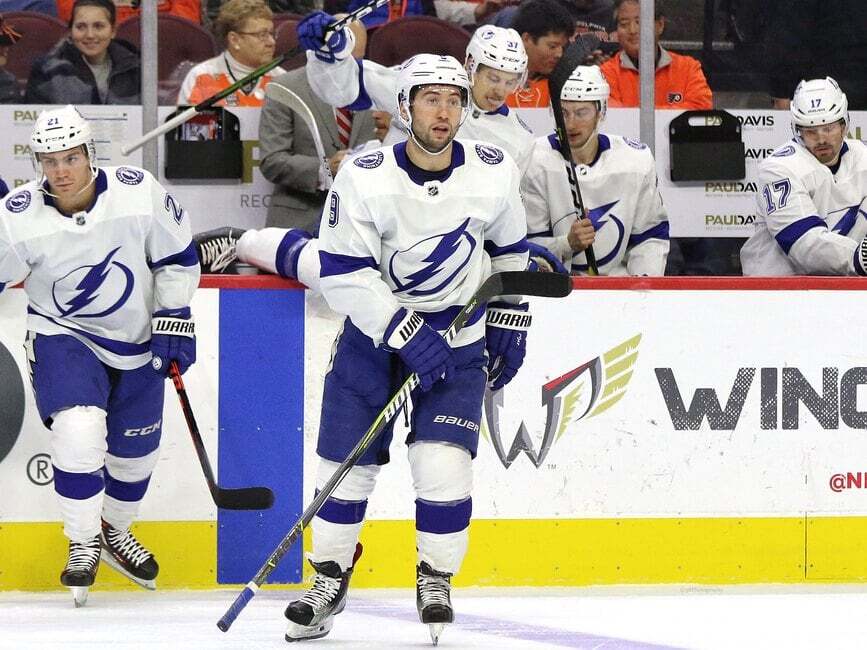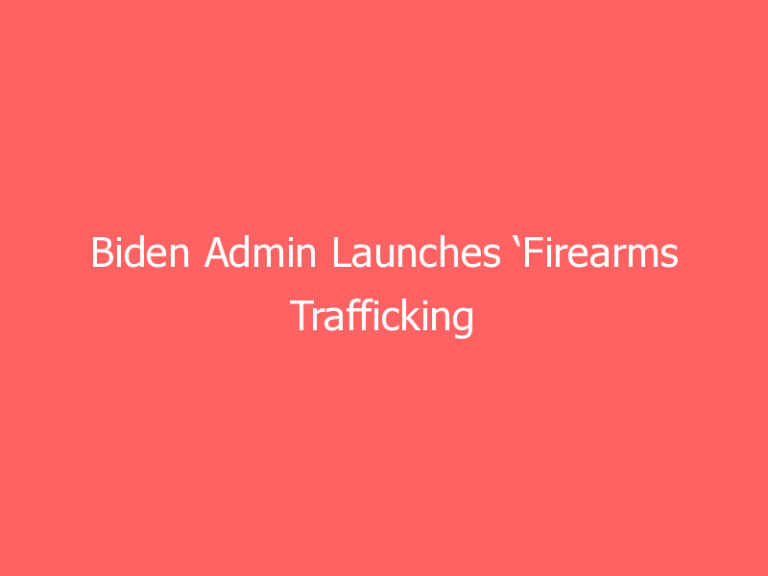In order for the Tampa Bay Lightning to work their way back under the flat salary cap, they will have to find creative ways to shed salary. While trading players for a small but positive return would be ideal, it will be difficult to find trade partners who can take on the contracts they’d most like to move.
This leaves Lightning general manager Julien BriseBois with a few distasteful options. He can always try to bribe a trade partner with a draft pick or prospect to take on a player with a big contract, but that is a steep price to pay just to rid themselves of a contract and likely a productive player.
There is always the Seattle Kraken Expansion Draft, which is right around the corner and where the Lightning will lose one player. BriseBois has exposed as many high-value veteran forwards as possible to try and entice the Kraken to take one of these great players with a hefty contract who can act as a building block for the NHL’s newest franchise. In that case, he wouldn’t have to give up a future asset to get a player off the books, but at best, this would clear roughly $5 million in cap space.
Tampa Bay Lightning general manager Julien Brisebois will be spending the 2021 offseason going through the painful process of dismantling the Stanley Cup-winning roster that he helped build over the last decade. (Photo by Andy Devlin/NHLI via Getty Images)
That leaves the Lightning with one last trick to help clear some cap space: the dreaded buyout. Of course, no team wants to buy out a player, essentially paying them to no longer play for your team and for longer than their remaining contract adding a cap hit to the team’s future.
However, in times of need, a buyout can be a necessary evil. Given the Lightning’s predicament, it may be time to bite the bullet and wave goodbye to a former face of the franchise in the most painful way possible.
Explaining the Basics of the Buyout
Here are the key concepts of this somewhat confusing transaction. First, since rosters are frozen for the expansion draft, Tampa Bay couldn’t issue a buyout until July 22, when the window remains open until July 27, giving the Lightning less than a week to issue a buyout.
Second, Tampa Bay will only buy out a player who has little to no signing bonuses because those annual payments are still paid by the team, which would reduce the effectiveness of a buyout. For example, if BriseBois decided to buy out the final three years of Steven Stamkos’ contract, the team would save little in actual dollars since he is paid a $6.5 million signing bonus each season. In this case, a buyout would save the organization less than $800,000 against the cap, which is a negligible amount, especially when you consider the cost to replace his production.
Third, the remaining salary is spread out over double the remaining years on the contract. So, using Stamkos as an example, with three years left on his contract, that means the Lightning would be on the hook for six seasons if they bought him out.
Finally, they have to consider what it would take to replace the player their buying out. So, if Tampa Bay takes Stamkos out of the lineup, they would need to find a top-six scoring forward to take on his time and replace his production, which would likely cost between $4 – $6 million, which immediately eats into any savings.
This may be a bit of a simplification of the process, I wanted to layout these basics to help explain why a buyout isn’t a particularly appealing option for Lightning. If they used this on a veteran like Alex Killorn or Ondrej Palat, they would see savings of roughly $3.5 million, but it would likely cost a similar amount to sign a top-six forward to take their place in the lineup. Plus, Killorn would carry a $1.4 million cap hit until the 2024-25 season, which is a long time to pay a productive player not to start for your team.
That leaves us with only one real buyout candidate, which is embattled forward Tyler Johnson. While Johnson has been a part of the Lightning’s core for years, he has seen his role on the team diminish recently, making his $5 million contract one that Tampa Bay would like to shed. If he is bought out, he would carry a roughly $1 million cap hit this season, a $2.8 million hit in 2022-23, $1.8 million in 2023-24, and then a $1.5 million hit from 2024-25 through 2026-27.
It doesn’t take a cap expert to tell you that this buyout is still a bad option, but it would at least offer some relief. Knocking a couple of million dollars off the cap helps right now, and when you consider that Johnson was playing fourth-line minutes last season anyway, his replacement could be a low-cost promotion from within the Lightning’s prospect pool.
However, on paper, this still doesn’t seem like a particularly worthwhile buyout this offseason. If Johnson only had two years left on his contract, then it would make more sense since he would be on the cap for four more years. As is, paying him for the next six seasons would be mortgaging the future for a small gain in the present.
All buyout information was taken from the capfriendly.com Buyout Calculator.
Originally found on Read More


![[VIDEO] Meghan McCain Just Can’t Stop Blasting Biden Lately…](https://manateeherald.com/wp-content/uploads/2021/06/300-4IokkF.jpeg)




